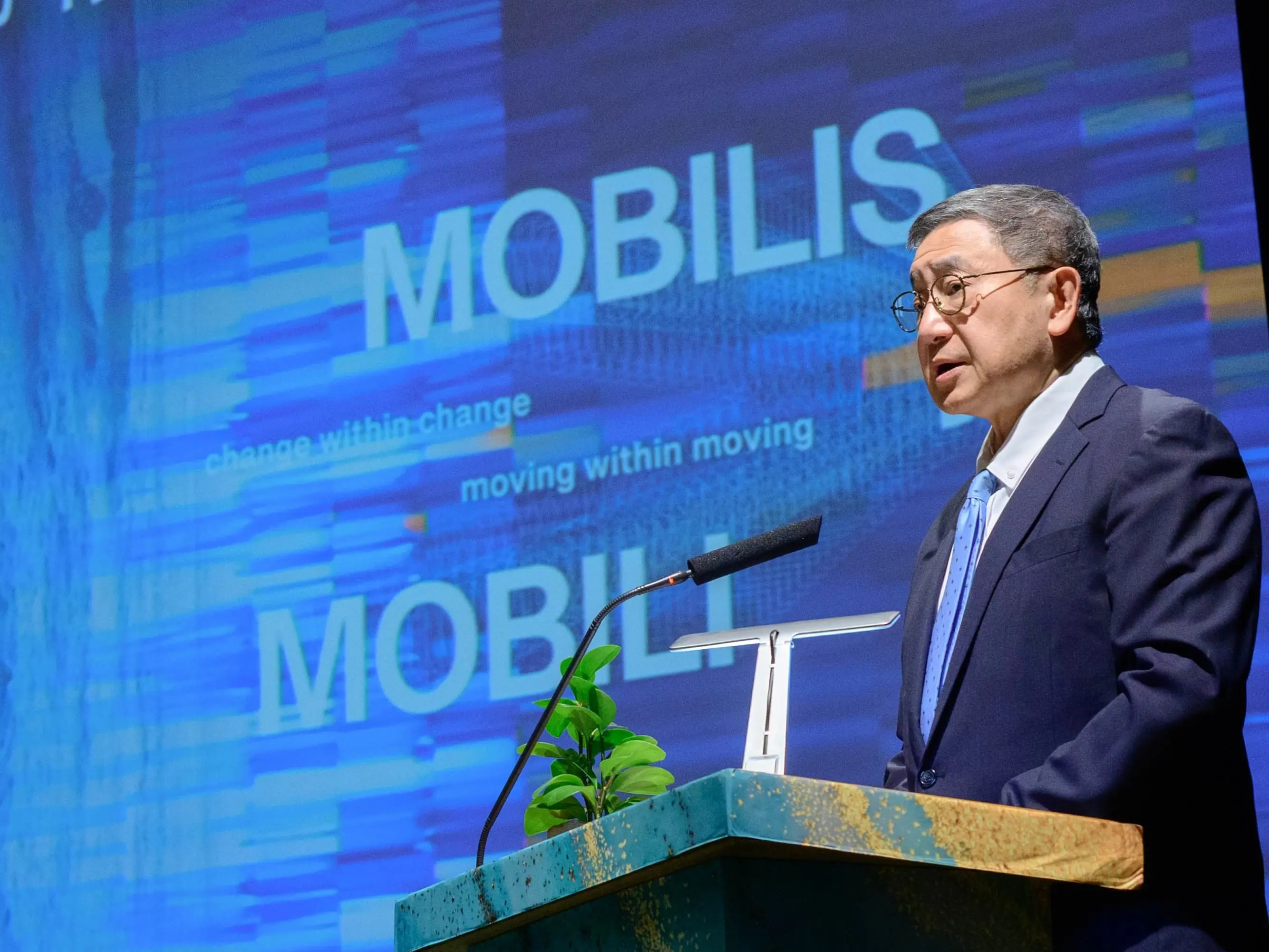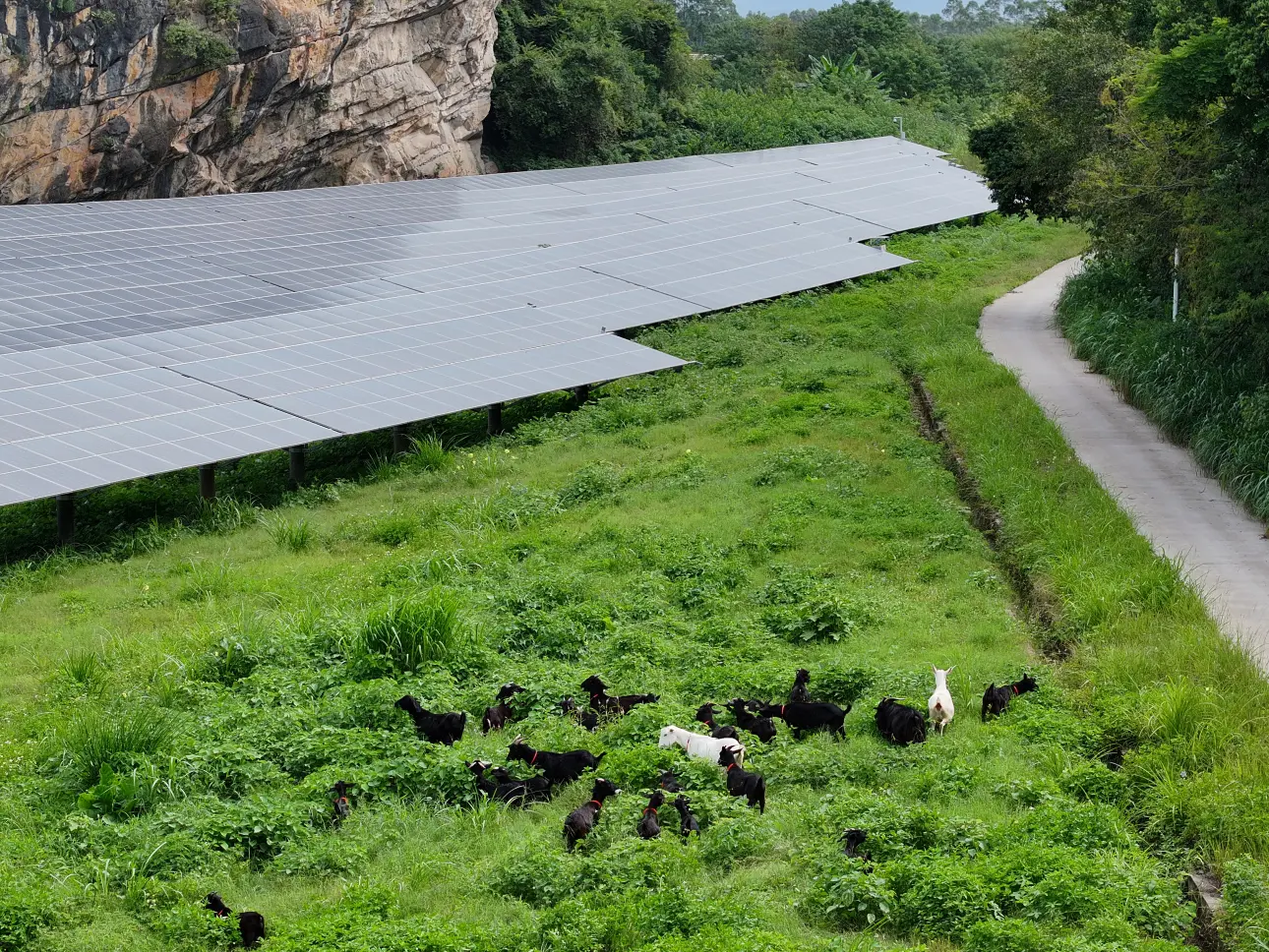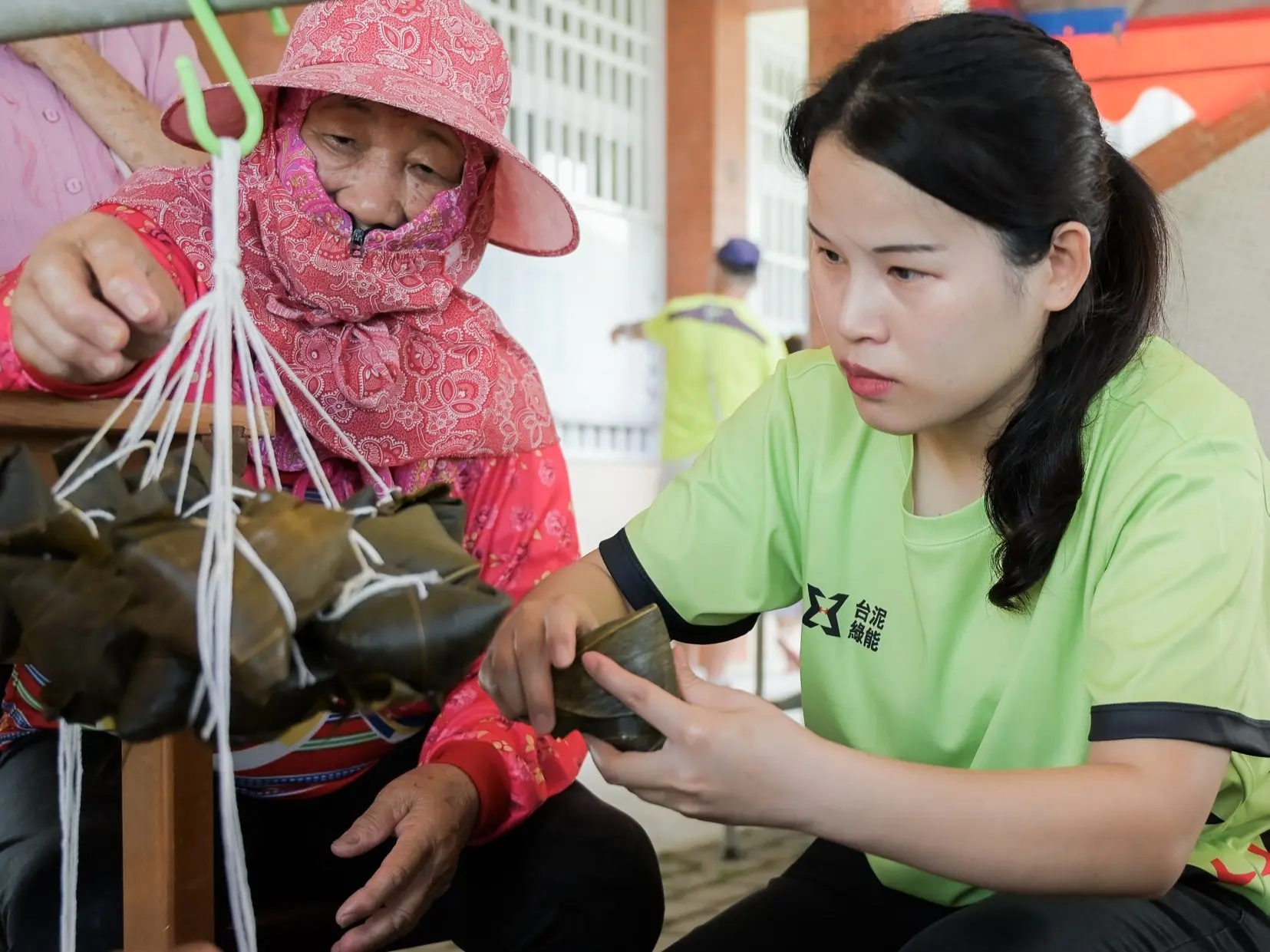From Cement to New Energy: TCC's 8 Years of Global Expansion and Operational Breakthroughs
- Home
- Sustainable E-newsletter
- From Cement to New Energy: TCC's 8 Years of Global Expansion and Operational Breakthroughs
Governance 2025 Vol.02
From Cement to New Energy: TCC's 8 Years of Global Expansion and Operational Breakthroughs
- #Energy Transition
-
Share
TCC's global expansion into new energy has led to revenue surpassing NT$154.6 billion over the past eight years, an increase of over 70%. Notably, TCC's new energy business turned profitable in 2024, achieving an EBITDA margin of 14%. Furthermore, its subsidiary, Atlante, has joined the Spark Alliance in Europe, forming the Europe's largest EV charging network and showing the success of TCC's strategies.

Facing an industrial environment full of changes and challenges, TCC President Roman Cheng reported on TCC's eight years of internationalization and energy transition at the AGM this year', under the theme "Navigating Changes, Forging Ahead." He also outlined key strategies for the new energy business. President Roman Cheng pointed out that TCC's consolidated revenue in 2016 was NT$89.6 billion, and by 2024, it had surpassed NT$154.6 billion, representing an increase of nearly 73%. This growth of over NT$100 billion is not merely a stroke of luck, but rather the result of eight years of dedicated international strategic planning and transformation.
Stagnation is the Greatest Risk; Transformation is the Only Way Out
Eight years ago, while most competitors were still focused on the Mainland China infrastructure market, Chairman Nelson Chang already foresaw a potential turning point for the cement industry: a long-term decline in per capita cement consumption in Mainland China, coupled with rapid growth in demand for ternary batteries and energy storage. Faced with these industry shifts, TCC initiated its internationalization and energy transition in 2016. Had TCC not promptly embarked on its energy business and cross-regional investments, its 2024 revenue might have remained around NT$84 billion, similar to eight years ago, making a nearly 73% increase impossible. This demonstrates that when confronting change, "stagnation is the greatest risk; transformation is the only way out."
New Energy Business Turns Profitable, Strengthening Financial Structure
President Roman Cheng highlighted that TCC ventured into renewable energy, energy storage, and charging stations starting in 2020. By 2024, the new energy business officially turned profitable, with EBITDA margins reaching 14% and annual revenue surpassing NT$10 billion. During the same period, the EBITDA from the Mainland China cement business declined from nearly NT$30 billion annually to approximately NT$4-5 billion. Although the EBITDA margins for the Taiwan cement business gradually increased to 21% each year, the absolute amount of around NT$5-6 billion was still insufficient to cover the gap. Therefore, the profitability of the new energy business has played a crucial role in strengthening TCC's overall financial structure.
EnergyArk Energy Storage Cabinets Boast Over 70% Profit Margin
President Roman Cheng explained that TCC leveraged its expertise in low-carbon cement to enter the energy storage sector. The EnergyArk Energy storage Cabinets, made from ultra-high performance concrete, integrate batteries and power control systems and are applied in cement plant sites. As of 2024, TCC has deployed over 800 MWh of energy storage systems across five plant sites in Taiwan and Mainland China. By utilizing existing land and power facilities, combined with their high power consumption characteristics, these systems effectively enhance overall efficiency. The average EBITDA margins for these projects exceed 70%.
Fast Charging Network Expansion Supports Energy System Stability
In the fast-charging sector, President Roman Cheng stated that EnergyArk also acts as a "power buffer" to stabilize power supply. To date, TCC has completed over 1,000 stations and 3,500 charging points across Taiwan, Mainland China, and Europe. TCC plans to establish 70 EnergyArk fast charging stations before 2025, further expanding integrated energy storage and charging applications.
Subsidiary Atlante Joins Spark Alliance to Expand European Collaboration
TCC's European subsidiary, Atlante, joined the Spark Alliance in 2025, forming a European charging network collaboration alliance with three major European charging service leaders: Electra from France, IONITY from Germany, and Fastned from the Netherlands. This alliance spans 25 countries, encompassing over 1,700 charging stations and 11,000 charging points, all of which are powered by renewable energy. Through joining the Spark Alliance, Atlante will enhance cross-border cooperation efficiency, expand its charging service capacity, and strengthen TCC's operational presence and commercial cooperation platform in Europe.

Outlook 2025: Green Energy Generation to Exceed 142 GWh
Regarding future goals, President Roman Cheng stated that the annual green energy generation will exceed 142 GWh in 2025, enough to supply the annual electricity needs of approximately 34,000 households. The total global installed capacity for energy storage will reach 2 GWh, sufficient to support 170,000 households for an entire day during emergencies. He emphasized that while the new energy business is still in its nascent stage and requires time to grow, TCC will continue to combine low-carbon building materials, energy technology, and practical experience to advance towards steady expansion and resilient governance.
You may also like
TCC GROUP HOLDINGS
SUSTAINABLE E-NEWSLETTER.








